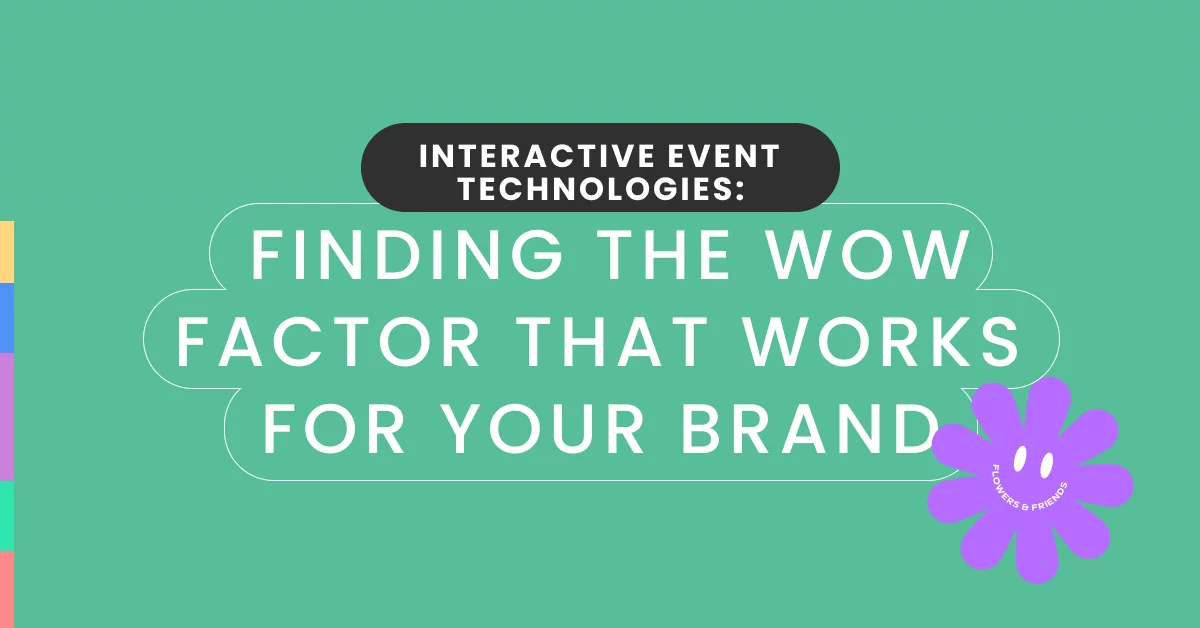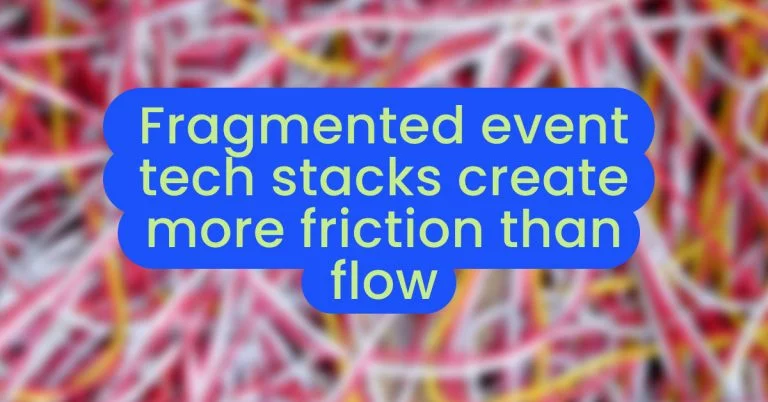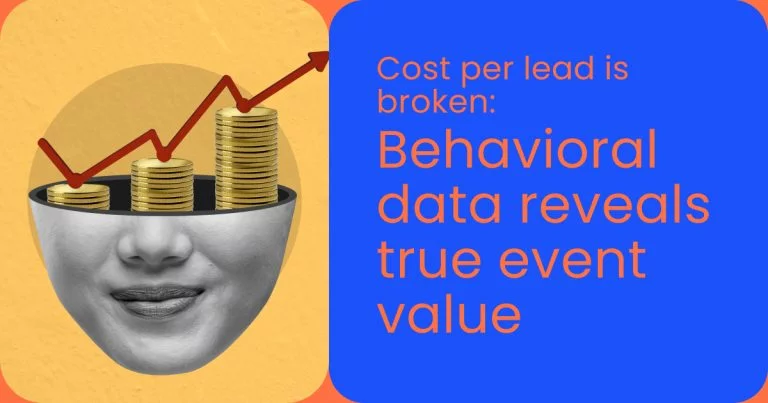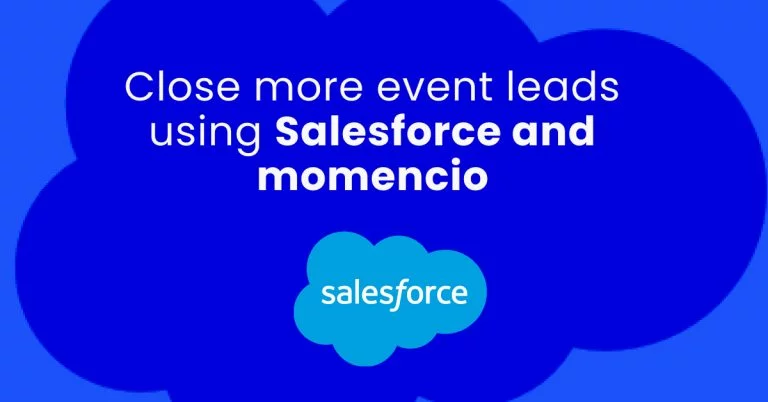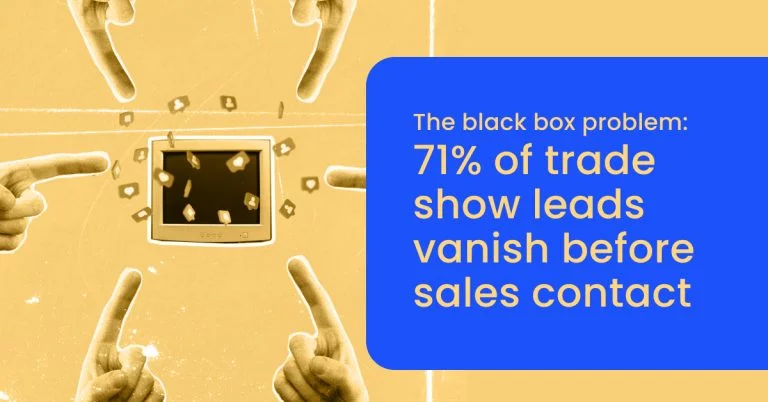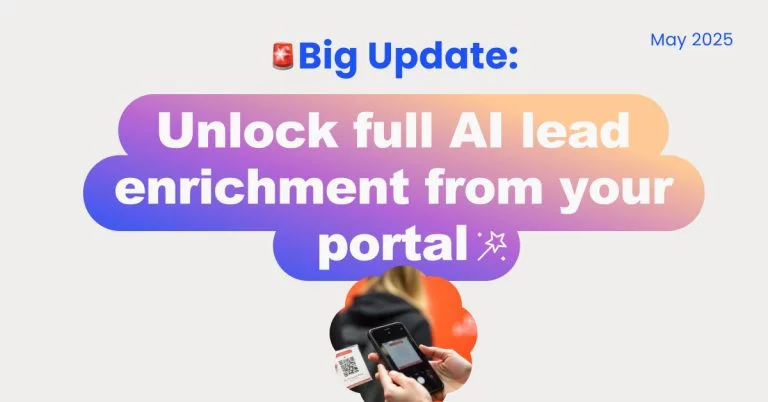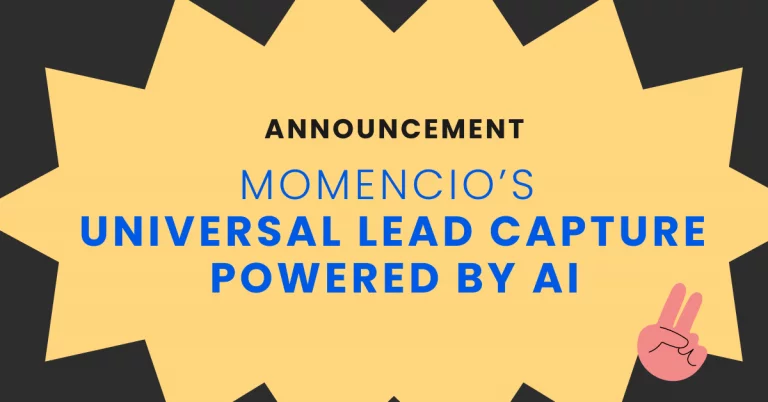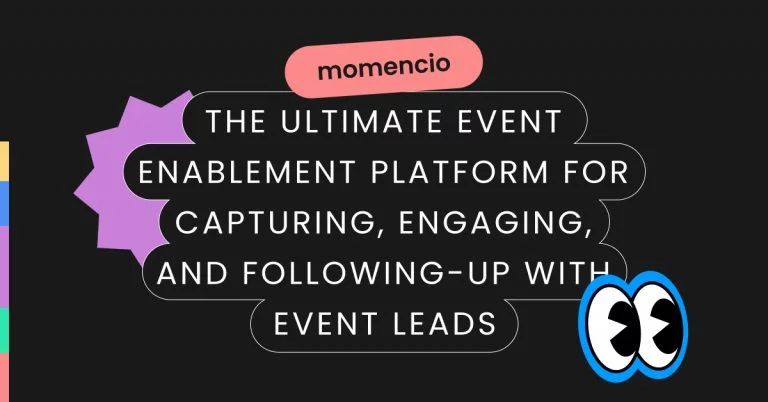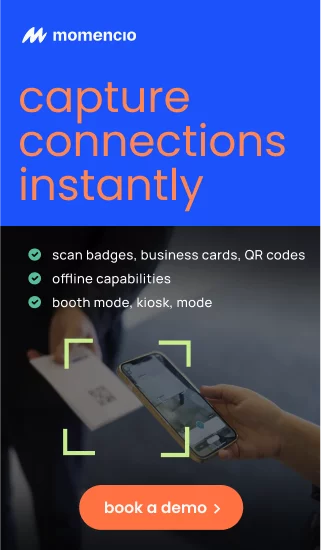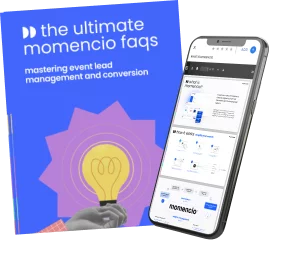In 2024, the allure of the latest advancements, particularly in event technologies, is undeniable. Here at momencio, we’re intimately familiar with this charm—chances are, each of us is equipped with the newest smartphone model. As aficionados of technology, we understand the magnetic pull of new tech—its promise of innovation, improved efficiency, and the capability to create remarkable things with just a few swipes and taps.
Yet, it’s essential to heed the lessons of lore, such as the tale of the sirens from literature class, whose enchanting songs lured sailors to their doom. Of course, the latest smartphone model isn’t a threat to one’s soul, but an ill-suited technology investment can lead to significant frustration. While the latest gadgets and platforms hold immense potential for businesses and brands, their true value lies in their ability to address specific challenges and needs.
Acquiring a snow blower in a state known for its sunny weather is illogical, just as adopting interactive event technologies that fail to align with your brand’s essence, objectives, or customer base is illogical. The question then becomes, how does one make the right technological choices in an ever-evolving landscape?
Interactive Event Technologies: Tech in event marketing
The era when a flashy pop-up banner could draw crowds to your booth at a trade show has passed. Today’s attendees expect to be dazzled, and as they wander past booths equipped with interactive games and immersive experiences, the pressure to stand out has never been greater.
Reflecting on a past projection by IT research behemoth Gartner, which anticipated that by 2017 Chief Marketing Officers (CMOs) would surpass Chief Information Officers (CIOs) in technology spending, we see not only the realization of this prediction but its considerable expansion into the present day.
In the current landscape, marketers’ shift towards technology is driven by consumer expectations. The advanced technologies now at our disposal offer deep insights and analytics that traditional promotional methods could never achieve.
Leveraging our expertise, our clients have embraced tools like interactive tables, iPads loaded with bespoke apps tailored for specific events, expansive video walls, and even virtual reality experiences through devices like the HoloLens, among others. These innovations serve as more than just attractions on the competitive exhibition floor; they provide the means to engage distinctly and effectively with varied audience segments within moments.
This capability is crucial for companies aiming to connect with diverse market segments at the same event, offering an unparalleled advantage in today’s multifaceted market.
The downside
In short, just because it is popular doesn’t mean it will work for you and your brand. Like with all your marketing, you need to clearly single out your ideal customer and consider how they would like to receive information.
You also have to ensure that this tool will be able to properly explain or share the information you need to be promoted. Too many idealistic companies have wasted valuable resources, time, and money to bring about a new tech-focused marketing tool, only to eventually abandon it because it could not deliver the impact they needed.
Questions to ask before you buy in
What is the real business need?
You are heading to your next event for a reason – what is it? Are you trying to promote a new product or explain the changes to an updated one? Are you showing off a new brand look or continuing a recognition campaign?
Know your message and the images, flow charts, facts, etc., that you will need to deliver it. Then, think about what technology will display everything most clearly and attractively.
Who is your target booth visitor?
A retail distributor will want different information than the end-customer, a physician different fodder than an insurance broker. If there’s one type of visitor you are expecting, ensure the technology and the way the message is delivered will resonate with them. If there’s more than one potential viewer, can the tech you are considering give you the opportunity to change messaging on the fly?
What’s the end game?
They came, they saw, but now what? Your tech needs to have a clear call to action that supports your reason for being there in the first place. Make sure there is a take-away for the client and you.
What can you handle?
There is something to be said for baby steps, especially when it comes to investing in expensive gadgets, development, servers, and more. Get a proper grasp on the entire marketing approach’s cost and the ROI you can expect from it.
Technology has been developed to solve problems, enhance experiences, and deliver results. Modern devices and apps can attract visitors, educate them, and save their information and feedback to kick off the sales experience, all in one fell swoop.
But to do all these truly amazing things, it needs to be the right set-up for your unique brand. Get to thinking about what you really need, and then get in touch so we can help you bring it to life in time for your next event.
The Evolution of Event Technologies
The Revolution in Attendee Engagement: Gone are the days when events were passive experiences for attendees. With the advent of interactive event technologies, attendees now expect to be part of the event, engaging in real-time polls, AR experiences, and personalized content journeys. Technologies such as mobile event apps and RFID wristbands enhance the attendee experience, offering personalized schedules, networking opportunities, and instant feedback mechanisms.
Enhancing Data Capture and Analysis: One of the most significant advantages of modern event technologies is their ability to capture a wide array of data. From attendee behavior tracking to real-time feedback collection, technologies now offer deeper insights into what works and what doesn’t in event execution. This data not only helps in measuring ROI but also in understanding attendee preferences, enabling planners to tailor future events for better engagement and conversion rates.
The Future of Events: The future of event technologies is incredibly promising, with innovations such as AI-powered networking tools, virtual reality (VR) experiences, and blockchain for secure ticketing and transactions. These technologies are set to personalize attendee experiences further, streamline event operations, and enhance security. Furthermore, the integration of these technologies with platforms like momencio ensures that the data collected is seamlessly transformed into actionable insights, enhancing lead capture and follow-up strategies.
Leveraging Event Technologies for Business Growth
Strategic Integration for Enhanced Outcomes: Integrating event technologies with business strategies is crucial. Whether it’s using AI to match attendees with relevant networking opportunities or utilizing analytics for targeted follow-ups, the goal is to ensure that every technological adoption brings you closer to your business objectives.
Maximizing Engagement and Conversions: Technologies like interactive kiosks, VR product demos, and live streaming can significantly increase engagement, making your brand memorable. When combined with a robust lead management system like momencio, businesses can ensure that the excitement translates into meaningful conversations and conversions.
Innovative Sponsorship Opportunities: Event technologies also open new avenues for sponsorship. Digital lounges, branded AR experiences, and sponsored notifications within event apps offer sponsors innovative ways to connect with their audience, providing added value to them while generating additional revenue streams for event organizers.
The integration of advanced event technologies offers unparalleled opportunities to create immersive, engaging, and highly personalized event experiences for attendees. However, the true power of these technologies is realized when the data and insights gathered are used to drive sales and marketing strategies post-event. Platforms like momencio play a crucial role in this ecosystem, bridging the gap between event engagement and sales enablement. By harnessing the full potential of event technologies, businesses can not only elevate their event experiences but also ensure that every lead is meticulously nurtured towards conversion, maximizing ROI.
Elevate your event strategy and unlock the full potential of your leads with momencio. Explore how our platform seamlessly integrates with advanced event technologies to enhance lead capture, engagement, and conversion. Book a demo today and transform your event leads into valuable sales opportunities.
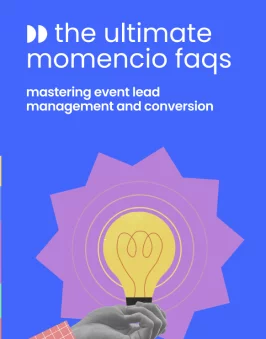
FAQs on Event Technologies and Their Integration with Business Strategies
- What are event technologies, and why are they important?
- Event technologies encompass a wide range of digital tools and platforms used to plan, execute, and analyze events. These technologies are crucial because they enhance attendee engagement, streamline event operations, and provide valuable data that can be used to measure event success and inform future strategies.
- How can event technologies improve attendee engagement?
- Event technologies such as mobile apps, interactive kiosks, and virtual reality experiences can make events more interactive and personalized for attendees. Features like real-time polling, personalized agendas, and gamification elements keep attendees engaged and involved throughout the event.
- Can event technologies help in measuring the ROI of an event?
- Absolutely. By capturing and analyzing data on attendee behavior, engagement levels, and feedback, event technologies provide insights that can be used to calculate the ROI of an event. This data helps in understanding what elements of the event were most successful and where improvements can be made.
- How does momencio complement event technologies?
- momencio is designed to work seamlessly with event technologies by capturing leads generated at the event and automating the follow-up process. It provides real-time analytics and insights into lead behavior, enabling businesses to tailor their engagement strategies and improve lead conversion rates.
- What are some of the latest trends in event technologies?
- Emerging trends include the use of AI for personalized attendee experiences, blockchain for secure transactions and registrations, and augmented reality (AR) for immersive product demonstrations. Hybrid event models that combine in-person and virtual elements are also becoming increasingly popular.
- How can businesses choose the right event technologies?
- Businesses should start by identifying their specific goals and challenges for each event. From there, they can look for technologies that offer solutions to these challenges, have a proven track record of success, and can integrate well with their existing systems, such as CRM and marketing automation platforms.
- What are some common challenges with implementing event technologies?
- Challenges can include the complexity of integrating new technologies with existing systems, ensuring high adoption and engagement rates among attendees, and measuring the effectiveness of these technologies in achieving event objectives.
- How can event technologies facilitate better lead capture and follow-up?
- Event technologies enable the digital capture of lead information through badge scanning and online registrations. They can also track engagement during the event, providing valuable insights for personalized follow-up. When integrated with a platform like momencio, this process becomes automated, ensuring timely and relevant engagement with leads post-event.
- Are event technologies cost-effective for small businesses?
- Many event technologies offer scalable solutions that can be customized based on the business’s size and budget. By enhancing attendee engagement and improving lead conversion rates, these technologies can offer a high ROI, making them a cost-effective option for businesses of all sizes.
- How will event technologies evolve in the future?
- Future developments in event technologies are likely to focus on further personalization of attendee experiences, more sophisticated data analytics, and the integration of technologies like AI and machine learning to predict attendee preferences and behaviors. Additionally, the growth of virtual and hybrid events will drive innovations in digital engagement and networking.
